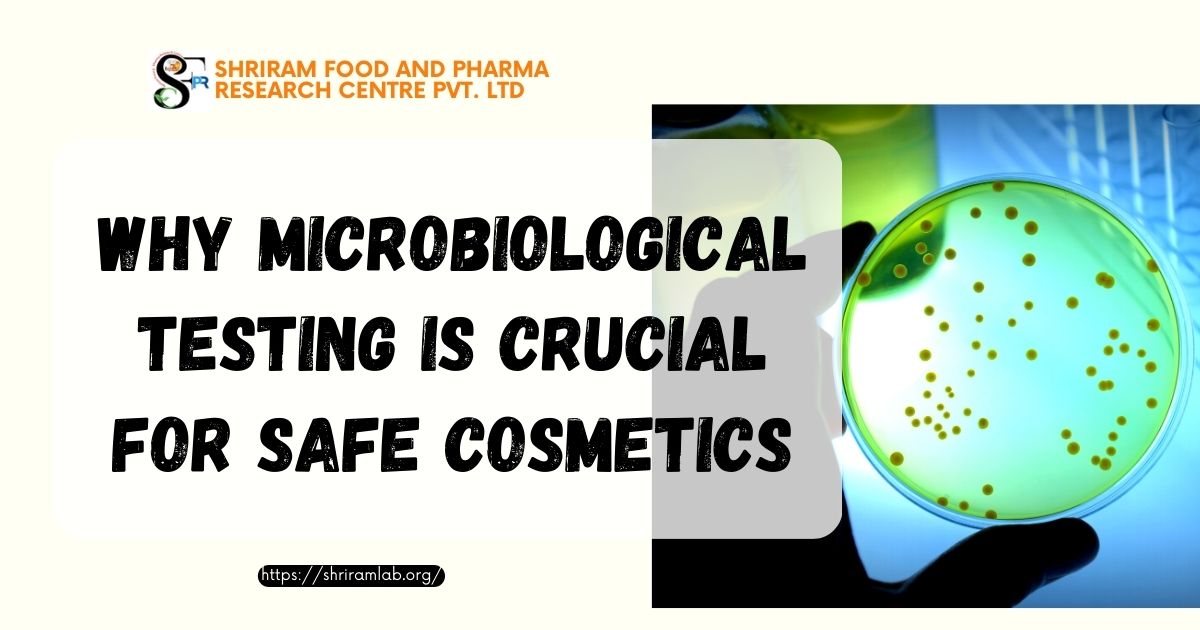Dairy constitutes a fundamental and crucial sector within the food industry. The journey of milk and its derivatives, spanning from farms to processing units, retailers, suppliers, and ultimately reaching consumers, poses a potential risk of quality degradation for various reasons. A recent Economic Times report reveals that ‘2 out of every 3 people in India consume milk adulterated with caustic soda, detergent, urea, or paint.’ These contaminants in milk pose serious health hazards, potentially causing significant harm to human organs. Ensuring the delivery of uncontaminated dairy products to consumers underscores the importance of robust dairy quality control. Exploring the factors influencing dairy product quality, understanding how to ensure quality throughout the supply chain, and delving into the steps of dairy testing are vital aspects of Dairy Quality Testing from Cattle to Carton.
WHAT IS DAIRY QUALITY TESTING?
Dairy Quality Testing refers to the application of approved tests to verify that the milk production process and the resultant milk align with established practices, standards, and regulations. This testing ensures that milk quality meets acceptable standards concerning chemical composition, purity, and the presence of various microorganisms.
WHAT IS THE SIGNIFICANCE OF DAIRY TESTING?
Several factors, including animal husbandry, animal health, milk handling and storage, and processing, influence dairy quality. Dairy testing plays a pivotal role in ensuring that all stakeholders, such as farmers, milk producers, processors, retailers, and collection agencies, adhere to established dairy quality standards. Regular testing and quality analysis are crucial in producing milk and its products that are safe and suitable for consumption.
ENSURING DAIRY QUALITY CONTROL FROM CATTLE TO CARTON AND BEYOND:
Dairy testing is imperative at each stage of the dairy chain:
- Stage 1: Dairy quality control commences at the farm, emphasizing approved practices in milk production, handling, and adherence to regulations related to veterinary drug use on animals and milk adulteration.
- Stage 2: Milk from different farmers or collecting centers undergoes thorough checks for wholesomeness, chemical composition, and biological quality.
- Stage 3: Dairy factories must ensure hygienic processing, with dairy testing conducted to verify compliance with established standards.
- Stage 4: Public Health authorities execute the final step of dairy quality control, ensuring legal compliance to protect consumer interests.
METRICS IN DAIRY TESTING:
Several metrics are considered in dairy testing:
- Quantity: Measured in volume (ml or l) or weight (gm or kg).
- Organoleptic characteristics: Appearance, smell, and taste.
- Composition: Fat, solids, and protein components.
- Hygiene and cleanliness: Conditions of production and milk collection environments.
- Adulterations: Water content, preservatives, added solids, and other contaminants.
TECHNIQUES IN DAIRY AND DAIRY PRODUCTS QUALITY TESTING AND CONTROL:
Various techniques are employed in dairy testing:
- Sampling methods, including milk fat removal.
- Bacteriological testing of milk samples.
- Preservation of milk samples using chemicals.
- Clear labeling and record-keeping.
- Common tests like organoleptic tests, clot on boiling (C.O.B) test, alcohol test, acidity test, resazurin test, Kerber Butterfat test, lactometer test, freezing point determination, and inhibitor test.
SHRIRAM FOOD & PHARMA RESEARCH CENTRE AND DAIRY QUALITY TESTING:
Dairy businesses may lack awareness of milk quality testing norms, potentially leading to consumer dissatisfaction and decreased sales. Shriram Food & Pharma Research Centre offers recognized dairy testing services, including inspection, audit, and certifications, providing expertise and ongoing support to enhance dairy quality control. Shriram Food & Pharma Research Centre ensures that dairy products meet all relevant regulations through quality testing at every stage of the production delivery chain. The organization collaborates closely with businesses to design testing programs that align with their requirements, ensuring utmost accuracy and reliability. Contact Shriram Food & Pharma Research Centre today to explore how they can assist in Dairy Quality Testing.





